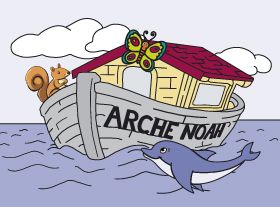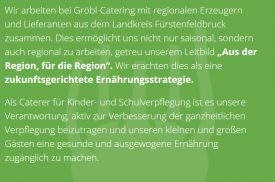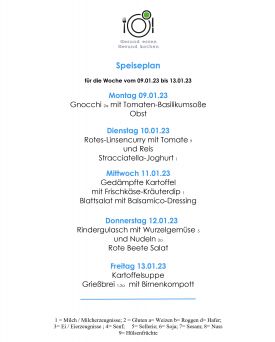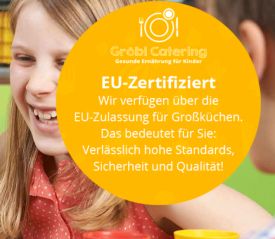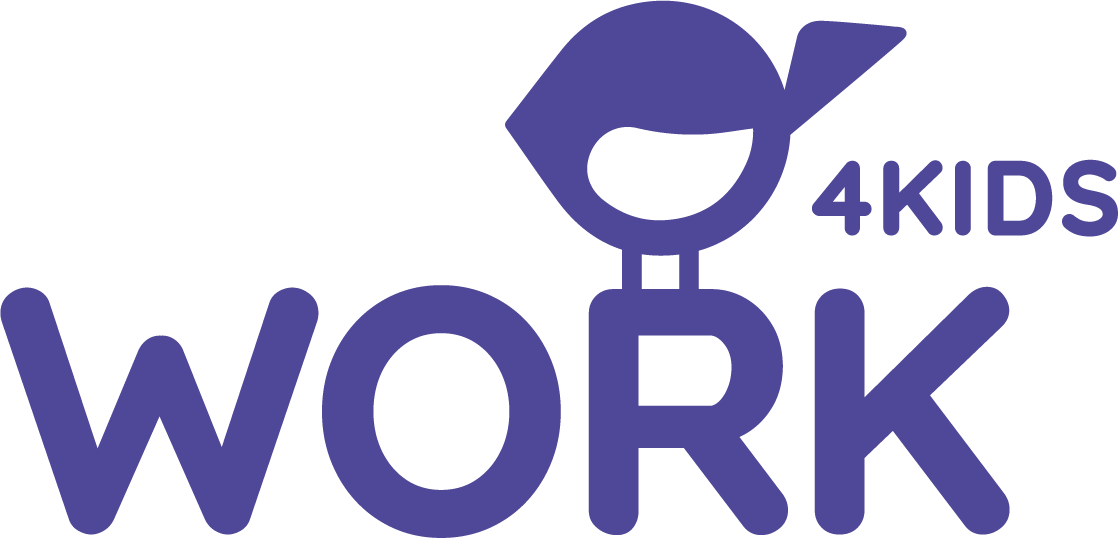Introduction/specifics
In childhood, education and upbringing go hand in hand. Small children can only actively learn and develop positively in an environment in which they feel safe and secure and are given sufficient opportunities to move around every day. The emotional atmosphere and the bond with the caregiver are crucial for the children's development.
Children are highly motivated, creative, concentrated and persevering in one thing when they solve tasks that allow many possible solutions and when they are allowed to make mistakes.
Our pedagogical work is mainly based on the situation-oriented approach. The main objectives are: to promote autonomy, solidarity and skills. During the free play time and with specific offers, the children learn to assess their strengths and skills and develop them further. The role of the educator takes on an observing or supporting role. Through the observations of the educators, children can be strengthened in further educational activities and individually supported.
Examples: Children's conference, free play offers / corners, sponsorships or cross-group work ... Project work Project work according to the situation-oriented approach is the planning and processing of a real-life topic for the children that is known to all participants or that was jointly designed and based on a towards a common goal. The children learn in contexts and can understand activities and place them in their world of experience. The starting point for a project idea is orientation towards the life and experience situation, interests, needs and current wishes of the children. The kindergarten teacher can also make project proposals if the relevant observations are incorporated. A project always includes several activities with one focus.

